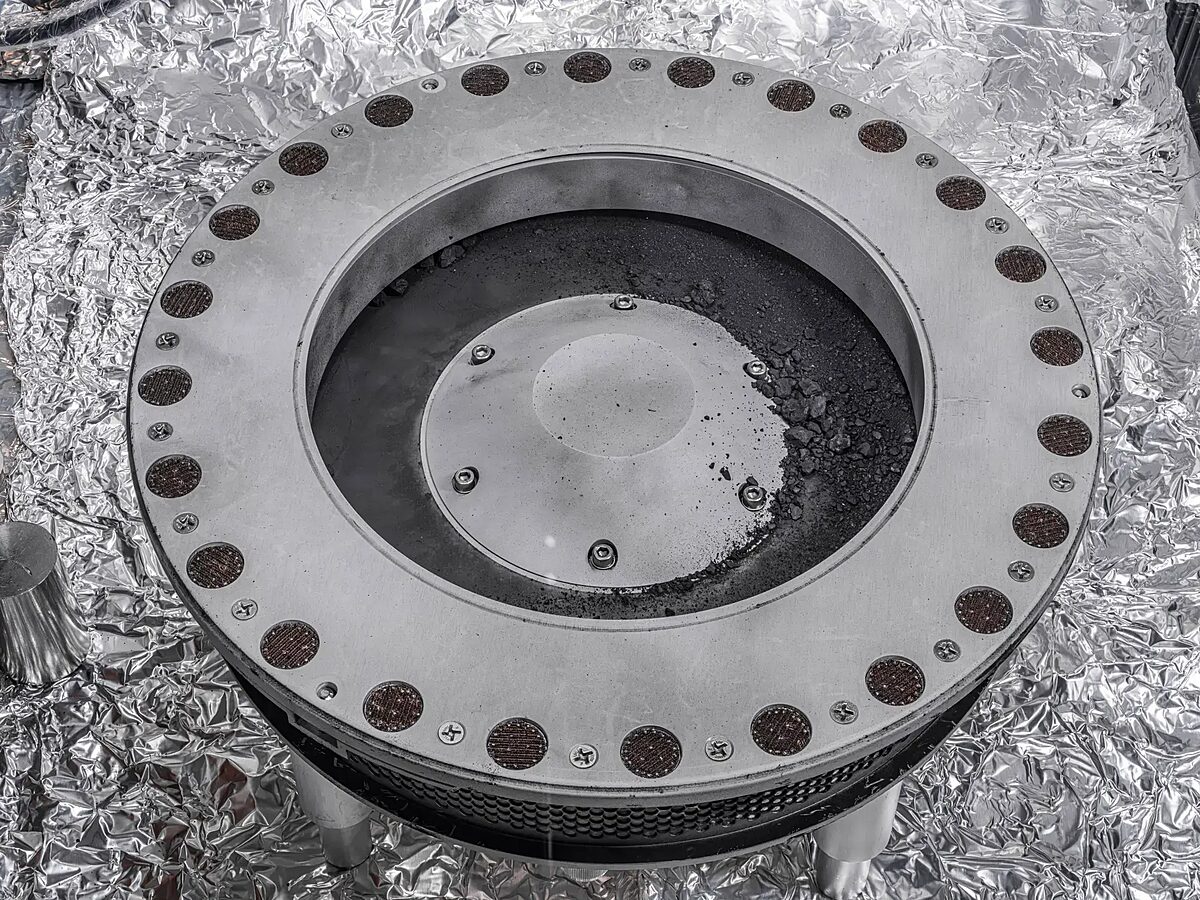Jason Davis • Dec 19, 2023
How did Earth get its water?
Humans lead a watery existence. Roughly 71% of our planet is covered by water. Babies are made of about 78% water and adults are up to 60% water by weight. We cannot survive without water for more than a few days.
Water, water everywhere — but where did it come from? The answer to this question can help us understand the origins of life on Earth, and teach us what to expect about water on other worlds, including exoplanets.
There are numerous theories about how Earth got its water. Most fall into two categories: Either Earth was born with the molecular precursors of water already present, or water-laden space rocks like asteroids and comets brought water here after the planet’s formation.
Many of these theories are compatible with each other, meaning Earth could have gotten its water from multiple sources. That makes things a little more complicated, but scientists are continually refining models of what happened in the early Solar System and how Earth got its water.

Was Earth born with its water?
Earth was born about 4.54 billion years ago, after our Sun formed from a collapsing cloud of gas and dust. Leftover material formed the rest of the Solar System, including our planet.
Was Earth simply born with everything needed to make the oceans, lakes, and rivers that are vital to our survival today? The problem is that the early inner Solar System was a very hot place. Any liquid water would have been vaporized and blown into space.
What about water locked inside rocks? A recent study showed that enstatite chondrites, a type of meteorite thought to be representative of the raw materials that formed Earth, “contain sufficient hydrogen to have delivered to Earth at least three times the mass of water in its oceans.” It’s not clear when these meteorites might have delivered their water, but they are a good match for the rocks found in Earth’s interior. If Earth started out with water trapped beneath its surface, volcanic activity could have released it as water vapor, which would have condensed and fell back to Earth as rain.
About 4.51 billion years ago, a Mars-sized world named Theia is believed to have plowed into Earth. Some of Earth’s mantle was melted in the process, and material leftover from the collision formed the Moon. Could Theia have brought water to Earth in the process? At least one study says yes.
Another theory is that Earth simply made its own water. Powerful telescopes have spotted baby exoplanets shrouded in molecular hydrogen. Modeling by one team of scientists suggests that this hydrogen could interact with magma oceans, forming copious amounts of water in the process.
Did asteroids bring water to Earth?
The inner Solar System was once a violent place. Around 4.0 to 3.8 billion years ago, the orbits of the outer planets shifted. Their gravitational jostling sent icy space rocks hurtling through the inner Solar System, in a theorized event known as the Late Heavy Bombardment.
Many of these worlds slammed into Earth, and could have brought water here. Comets were long suspected to be a major source of Earth’s water, but space missions including Giotto, which visited Halley’s Comet in 1986, and Rosetta, which visited comet Churyumov-Gerasimenko from 2014 to 2016, have found comet water with different chemical signatures than Earth’s water.
That leaves asteroids and meteorites as the culprit. An analysis of asteroid Ryugu samples returned to Earth by Hayabusa2 showed that water locked in the asteroid’s rocks matches the type of water found in Earth’s oceans. Ryugu’s composition matches a type of meteorite called CI chondrites, which could have delivered 30% of the total mass of water in Earth’s oceans.
NASA’s OSIRIS-REx spacecraft returned samples of asteroid Bennu to Earth in September 2023. A preliminary analysis of the samples found water and organics, another hint that asteroids may be responsible for much of Earth’s water. Ongoing analysis of the samples could uncover more clues about whether asteroids like Bennu brought water to our planet.

Thanks, water
While we don’t know exactly how Earth got its water, we know that water allowed for the evolution of complex life on Earth, including us.
Some of our earliest evidence of life dates back to about 3.7 billion years ago, when early microbes learned to exist in an atmosphere choked with carbon dioxide. They eventually evolved into an organism called cyanobacteria. Cyanobacteria use water, sunlight, and carbon dioxide to produce food in a process called photosynthesis. The byproduct is oxygen, which eventually led to the oxygen-rich atmosphere we breathe today.
So, raise a glass of water to the asteroids, meteorites, molecular hydrogen, volcanoes, and other processes that may have brought water to our planet. We wouldn’t be here without them.
Support our core enterprises
Your support powers our mission to explore worlds, find life, and defend Earth. You make all the difference when you make a gift. Give today!
Donate

 Explore Worlds
Explore Worlds Find Life
Find Life Defend Earth
Defend Earth

